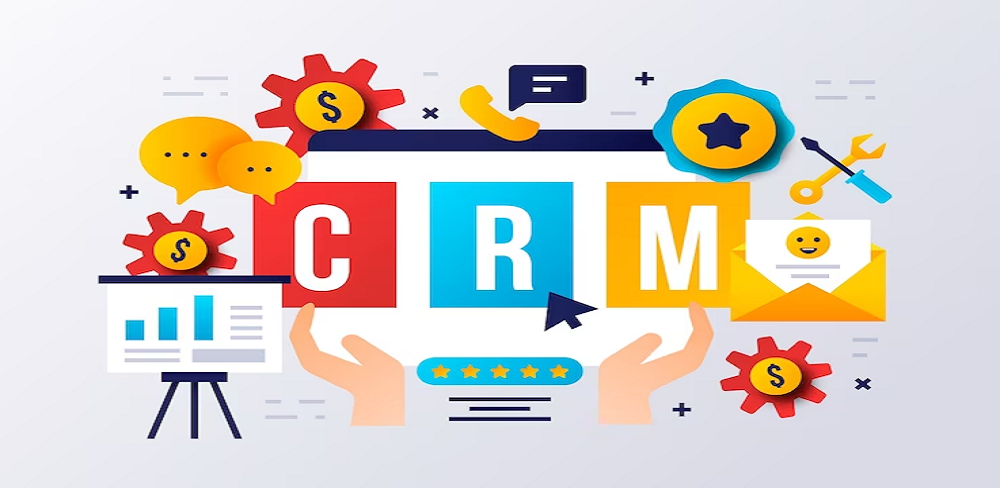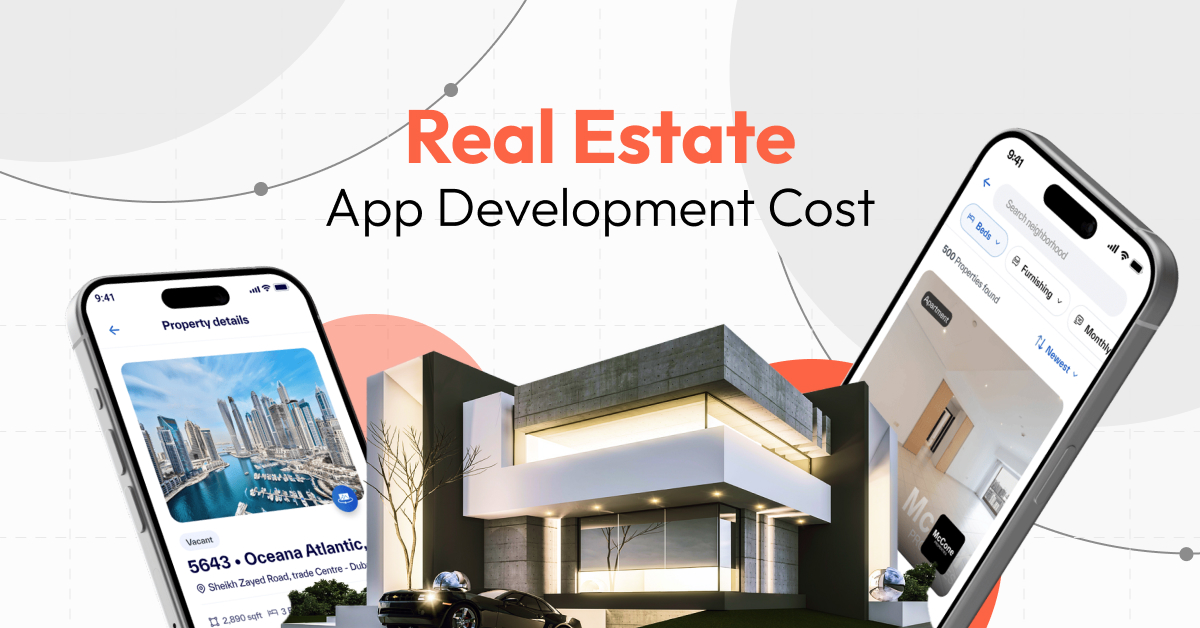Agile CRM is a powerful customer relationship management software designed to help businesses of all sizes streamline their sales, marketing, and customer support activities. The software is built on agile principles, which prioritize flexibility, collaboration, and continuous improvement.
Agile CRM offers a range of features, including contact management, sales automation, marketing automation, and helpdesk ticketing. The software also provides analytics and reporting tools to help businesses track their sales and marketing performance and identify areas for improvement.
Whether you’re a small startup or a large enterprise, Agile CRM can help you manage your customer interactions more efficiently and effectively. In this blog post, we’ll take a closer look at the features, benefits, and pricing of Agile CRM software, and why it’s a valuable tool for businesses looking to grow and succeed in today’s competitive marketplace.
Q1. What is Agile CRM software?
Agile CRM is a customer relationship management (CRM) software designed to help businesses manage their customer interactions, sales, marketing campaigns, and customer support activities. The software is built on agile principles, which emphasize flexibility, collaboration, and continuous improvement.
Agile CRM offers a range of features and functionalities, including contact management, lead scoring, sales automation, email marketing, social media integration, and helpdesk ticketing. The software also includes analytics and reporting tools that allow businesses to track their sales and marketing performance and identify areas for improvement.
One of the key benefits of Agile CRM is its ease of use and affordability. The software is designed for small and medium-sized businesses and offers a user-friendly interface that requires little technical expertise to operate. Additionally, Agile CRM offers a variety of pricing plans, including a free version, making it accessible to businesses with different budgets and needs.
Q2. How does Agile CRM software work?
Here are the main features and functionalities of Agile CRM:
- Contact Management: Agile CRM allows businesses to store all their customer data in one place, including names, contact information, social media profiles, and previous interactions. This helps businesses keep track of their customer interactions and tailor their communications accordingly.
- Sales Automation: Agile CRM automates various sales processes, such as lead scoring, lead nurturing, and pipeline management. This helps businesses prioritize their leads and focus on the most promising ones.
- Marketing Automation: Agile CRM allows businesses to automate their email marketing campaigns, social media posts, and other marketing activities. This helps businesses reach out to their customers at the right time and with the right message.
- Helpdesk Ticketing: Agile CRM includes a helpdesk ticketing system that allows businesses to track customer issues and resolve them efficiently. This helps businesses provide better customer support and increase customer satisfaction.
- Analytics and Reporting: Agile CRM provides businesses with real-time analytics and reporting tools that help them track their sales and marketing performance. This helps businesses identify areas for improvement and make data-driven decisions.
Q3. What Are the interesting facts about Agile CRM software?
Here are some interesting facts about Agile CRM software:
- Agile CRM was founded in 2013 and is based in Dallas, Texas.
- The software is built on agile principles, which emphasize collaboration, flexibility, and continuous improvement.
- Agile CRM has been recognized by Gartner, Capterra, and Software Advice for its customer support, ease of use, and affordability.
- The software offers a range of features and functionalities, including contact management, lead scoring, sales automation, email marketing, social media integration, and helpdesk ticketing.
- Agile CRM has integrations with over 50 popular apps and platforms, including Gmail, Microsoft Office, Salesforce, and Shopify.
- Agile CRM offers a free version of the software that includes basic features, making it accessible to businesses with limited budgets.
- The software also offers a variety of pricing plans, including a pay-as-you-go model, making it flexible for businesses of different sizes and needs.
- Agile CRM has a mobile app that allows users to access the software’s features on-the-go.
- The software is known for its user-friendly interface and ease of use, making it a popular choice for small and medium-sized businesses.
- Agile CRM offers a 24/7 customer support service, including phone, email, and live chat support, ensuring that users receive timely assistance when needed.
Q4. How to use Agile CRM software?
To use Agile CRM software, you can follow these general steps:
- Sign up for an Agile CRM account: Visit the Agile CRM website and sign up for an account. You will need to provide some basic information about your business and choose a pricing plan that suits your needs.
- Set up your account: After signing up, you can log in to your Agile CRM account and start setting up your account. This includes adding your contacts, creating pipelines, and configuring your email and social media integrations.
- Create and manage contacts: Agile CRM allows you to manage your contacts easily. You can add new contacts, import existing contacts, and organize them into groups and segments. This helps you keep track of your interactions with each contact and target them with specific marketing campaigns.
- Manage your sales pipeline: Agile CRM provides a visual sales pipeline where you can track your deals, tasks, and appointments. You can customize the pipeline stages to match your sales process, and move deals along the pipeline as they progress.
- Automate your marketing campaigns: Agile CRM allows you to create and automate your marketing campaigns using email and social media. You can create email templates, schedule campaigns, and track their performance using analytics.
- Provide customer support: Agile CRM includes a helpdesk ticketing system that allows you to track and resolve customer issues. You can manage support tickets, assign them to agents, and track their status.
- Analyze and optimize: Agile CRM provides analytics and reporting tools that allow you to track your sales and marketing performance. You can generate reports on your sales pipeline, email campaigns, social media engagement, and customer support activity. This helps you identify areas for improvement and optimize your sales and marketing processes.
Q5. What Are the Alternatives of Agile CRM Software?
There are several alternatives to Agile CRM software that businesses can consider depending on their specific needs and budget. Some of the most popular CRM software alternatives to Agile CRM include:
HubSpot CRM: HubSpot CRM is a popular free CRM software that offers contact management, email marketing, sales automation, and analytics features.
Salesforce CRM: Salesforce is a leading CRM software that offers a range of features and functionalities, including lead and opportunity management, marketing automation, and customer service.
Zoho CRM: Zoho CRM is a cloud-based CRM software that offers sales and marketing automation, social media integration, and customer service tools.
- Pipedrive: Pipedrive is a sales CRM software designed to help businesses manage their sales pipeline, track deals, and automate sales tasks.
- Freshsales: Freshsales is a CRM software that offers contact management, lead scoring, sales automation, and analytics tools.
- Copper: Copper is a cloud-based CRM software designed for Google Workspace users that offers contact and sales management, automation, and analytics features.
- Insightly: Insightly is a CRM software that offers contact management, lead and opportunity tracking, project management, and analytics features.
Q6. What is the pricing of Agile CRM software?
Agile CRM offers a range of pricing plans to meet the needs and budgets of businesses of all sizes. Here are the current pricing plans offered by Agile CRM:
Free plan: This plan is entirely free for up to ten users and includes basic features such as contact management, sales automation, and marketing automation.
Starter plan: This plan costs $8.99 per user per month and includes more advanced features such as web engagement, email tracking, and social monitoring.
Regular plan: This plan costs $29.99 per user per month and includes all the features of the Starter plan plus advanced marketing automation and helpdesk ticketing.
Enterprise plan: This plan is designed for larger organizations and includes advanced features such as custom reporting, custom development, and dedicated account support. The pricing for this plan varies depending on the number of users and the specific needs of the business.
Q7. What Are the Features of Agile CRM Software?
Some of the key features of Agile CRM software include:
- Contact management: Agile CRM allows businesses to organize and manage their contacts in one central location, including their contact information, notes, and communication history.
- Sales automation: The software provides automated sales workflows, including lead tracking, sales pipeline management, deal tracking, and sales forecasting.
- Marketing automation: Agile CRM offers tools to automate marketing campaigns, including email marketing, social media marketing, landing page creation, and lead capture forms.
- Customer support: The software includes a helpdesk ticketing system to manage customer support inquiries and customer service activities.
- Analytics and reporting: Agile CRM provides reporting and analytics tools to track sales and marketing performance, including lead generation, customer engagement, and revenue.
- Mobile integration: The software includes mobile apps that allow users to access their contacts, tasks, and deals on the go.
- Integrations: Agile CRM integrates with a variety of other tools and platforms, including email, social media, e-commerce, and customer service tools.
Q8. What Are the Benefits of Agile CRM Software?
Some of the key benefits of Agile CRM software include:
- Increased efficiency: Agile CRM helps businesses automate many sales, marketing, and customer support processes, saving time and increasing efficiency.
- Better customer relationships: By organizing and centralizing customer data, businesses can better understand their customers and provide personalized experiences, improving customer relationships.
- Improved sales performance: Agile CRM provides tools to manage sales pipelines, track deals, and forecast revenue, helping businesses improve their sales performance.
- Enhanced marketing capabilities: The software offers marketing automation tools, including email marketing and social media marketing, to help businesses improve their marketing campaigns and generate leads.
- Better customer support: Agile CRM includes a helpdesk ticketing system to manage customer support inquiries, improving customer satisfaction and loyalty.
- Accessible from anywhere: Agile CRM software is cloud-based, which means it can be accessed from anywhere with an internet connection, allowing users to work remotely or on the go.
- Cost-effective: Agile CRM offers a range of pricing plans, including a free version, making it accessible to businesses of all sizes and budgets.
Q9. What Are the issues with the Agile CRM software?
While Agile CRM software offers many benefits, there are also some potential issues that businesses should be aware of, including:
- Limited customization options: Agile CRM offers a range of features, but businesses may find it difficult to customize the software to fit their specific needs and workflows.
- Steep learning curve: While Agile CRM is designed to be user-friendly, some businesses may find that the software has a steep learning curve, particularly if they are not familiar with CRM software.
- Limited support for large businesses: Agile CRM is designed for small and medium-sized businesses and may not offer the scalability and customization options that larger enterprises require.
- Occasional bugs and glitches: As with any software, Agile CRM may experience occasional bugs or glitches that can impact its performance.
- Pricing: While Agile CRM offers a range of pricing plans, some businesses may find the costs prohibitive, particularly if they require advanced features or customization options.
- Limited integrations: While Agile CRM integrates with a variety of tools and platforms, some businesses may find that it lacks support for specific integrations they require.
Q10. How Much Does it Cost to Develop Software like Agile CRM Software?
The cost to develop software like Agile CRM software can vary widely depending on several factors, such as the complexity of the features and functionalities, the size of the development team, the location of the development team, and the development methodology used.
Generally, developing software like Agile CRM software can cost anywhere from $25000-$50000. This cost includes several stages of software development, including requirements gathering, design, development, testing, deployment, and maintenance.
Additionally, ongoing costs such as hosting, maintenance, and support must be considered. In some cases, businesses may choose to outsource the development to a third-party vendor or hire an in-house development team, which can affect the overall cost.
It’s essential to carefully evaluate the costs and benefits of developing software like Agile CRM software before making a decision. It’s recommended to consult with an experienced software development company to get a better estimate of the total cost based on your specific requirements and needs.
























